We have had an especially wet winter and spring this year. While some of that rain soaks into our ground water, much of it runs off into local streams. When storm water travels over the surface of the land, it picks up bits of soil, decaying plant material, and, frequently, manure.
Animal manure contains nutrients that can trigger unwanted aquatic plant growth. It can also contain bacteria, viruses, parasites, fungi, and protozoa. Some of these can transmit diseases to people and animals. It is best to keep manure away from our waterways!
Springtime Manure Management
Spring is the best time to use the manure on your farm that you have stored over the winter. Pastures benefit from the application of the valuable nutrients in manure. However, if more manure is applied than can be utilized by pasture grasses, excess nutrients can wind up in surface water. This can also occur if manure is applied during or immediately before rain. If manure is applied near waterways, or to areas where it can be carried into surface water, this can also negatively impact water quality.
The easiest way to prevent pollution from manure is to keep it out of surface water. Our colleagues at Deschutes SWCD have put together a list of tips that make sense for animal operations:
- Limit or prevent animal access to streams and ponds. This allows healthy vegetation to grow along banks and eliminates the possibility of direct deposits of manure into water.
- Place water troughs and mineral licks away from streams and ponds.
- Prevent water from flowing through areas that have livestock and manure.
- Install gutters and downspouts on all building near livestock, diverting the clean roof runoff water to a safe outlet away from livestock areas.
- Establish grass buffer strips down-slope and around livestock yards to slow, filter, and allow infiltration of runoff water containing sediment or nutrients.
- Collect, cover, and compost/store manure from sacrifice areas through the wet season.
- Apply stored, composted manure to pastures when the weather is dry.
- Clip and drag pastures after grazing to incorporate manure clumps and encourage grass growth.
- Graze pastures sequentially to optimize forage, reduce weeds, evenly distribute manure, and allow pastures to rest and grasses to regrow.
Healthy Pasture, Healthy Horses, Healthy Water
Spring pastures with healthy stands of perennial forage grasses will have little runoff. This is because robust grasses and healthy soils will slow and soak up rainwater. Healthy pastures have higher organic matter content which soaks up water like a sponge. Each pound of organic matter in soil can hold 18 – 20 pounds of water!
Pastures with bare soils allow the growth of weeds, including weeds that can be harmful to horse health. When wet, these bare pastures turn to mud, causing problems with hooves that are then more susceptible to pathogens. Bare pastures will have more erosion and water runoff due to soil compaction which limits the soil’s ability to soak up water.
If you need help with your manure challenges, contact our office and talk to one of our conservation planners. Contact the Clackamas Soil and Water Conservation District at 503-210-6000 or email us at [email protected].




